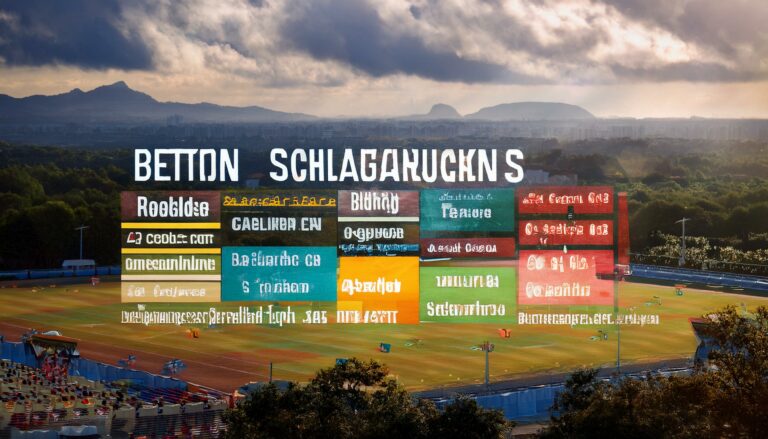Intellectual Property Strategies for IPL Team Owners: Laser247, Gold365, 11xplay
Laser247, Gold365, 11xplay: Brand identity is the cornerstone of a successful business, reflecting its values, personality, and mission. To protect this valuable asset, companies must conduct thorough research to ensure the uniqueness and originality of their branding elements. Trademarks play a crucial role in safeguarding brand identity, providing legal protection against infringement and unauthorized use. Regularly monitoring the market for any signs of potential brand dilution or misuse is essential to maintaining a strong and distinctive brand presence.
In addition to securing trademarks, establishing clear brand guidelines is vital for maintaining consistency across all communication channels. Consistent use of brand elements, such as logos, colors, and slogans, helps build brand recognition and loyalty among consumers. Educating employees on the importance of adhering to brand guidelines and monitoring their compliance can further strengthen brand identity and prevent any unintentional deviations that could harm the brand’s reputation.
Recognizing the Value of Trademarks in Sports
Trademarks play a significant role in sports by helping teams, leagues, and athletes distinguish themselves and establish a unique identity in the highly competitive industry. The logo, team colors, and other visual symbols associated with a sports entity are vital components of its brand identity, contributing to fan recognition and loyalty. For example, iconic logos like the NBA’s silhouette player logo or the NFL’s shield symbolize the values and excitement of these sports organizations, becoming instantly recognizable worldwide.
Beyond mere brand recognition, trademarks in sports hold immense value in terms of merchandising and sponsorship opportunities. Fans often connect emotionally with their favorite teams and players through merchandise featuring trademarks, such as jerseys, hats, and other accessories. By strategically leveraging trademarks, sports entities can not only boost their revenue through merchandise sales but also attract lucrative sponsorship deals from brands seeking to align themselves with the passion and loyalty of fans. Thus, trademarks serve as valuable assets that enhance the marketability and financial success of sports organizations.
Leveraging Licensing Agreements for Merchandising
When it comes to merchandising, licensing agreements play a crucial role in expanding brand reach and revenue streams. By entering into licensing agreements, companies can authorize third parties to produce and sell products bearing their brand, logo, or other intellectual property. This allows the brand to reach new markets and demographics that they may not have been able to access on their own.
Licensing agreements also provide an opportunity for brands to leverage the expertise and resources of the licensee in creating, marketing, and distributing merchandise. This can be particularly beneficial when entering new product categories or expanding into international markets. Additionally, licensing agreements can help protect a brand’s identity and ensure that products meet the quality standards and brand guidelines set forth by the licensor.







